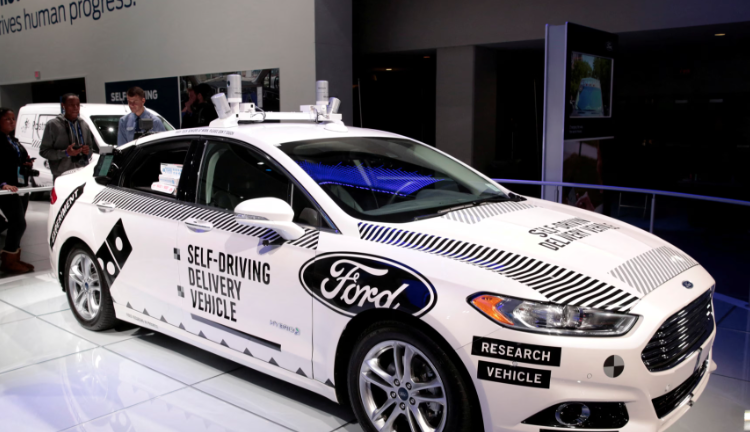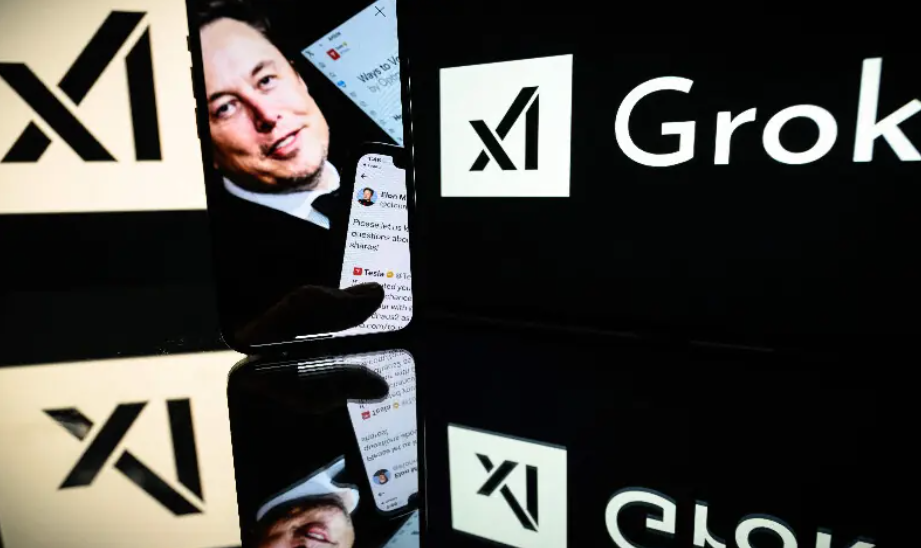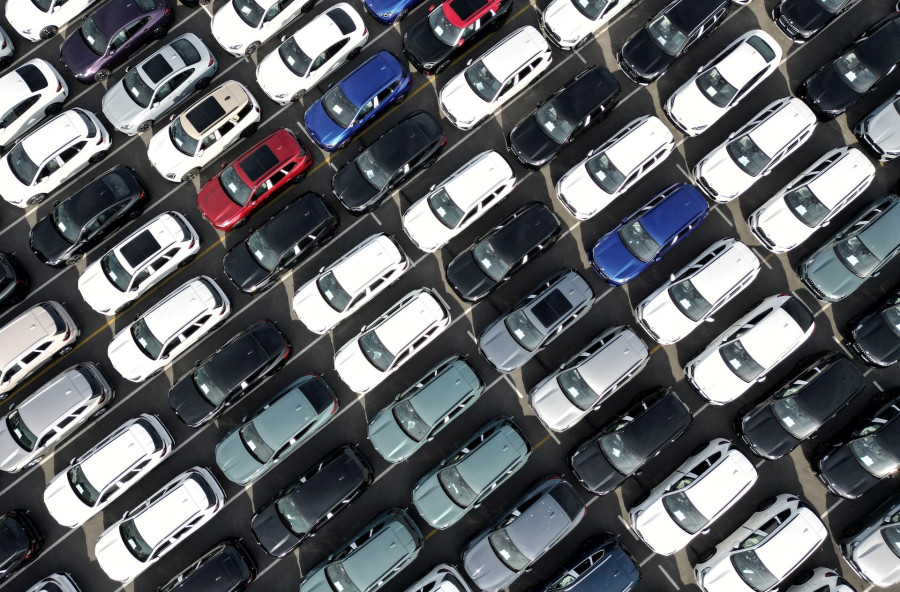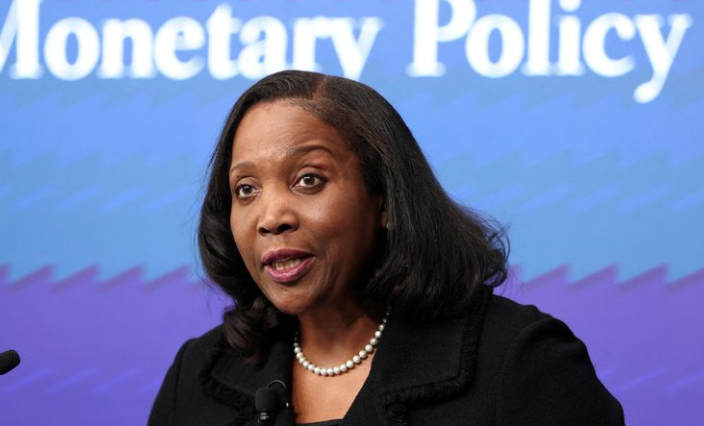WORLD NEWS

A group of major players in the self-driving car industry has called on the U.S. government to take more decisive action in speeding up the deployment of autonomous vehicles (AVs) and eliminating regulatory barriers. Jeff Farrah, executive director of the Autonomous Vehicle Industry Association, voiced frustration on Tuesday, stressing that the federal government must take a stronger leadership role in defining vehicle design, construction, and performance standards for AVs.
Farrah’s comments were made as part of a broader call from industry giants, including Volkswagen, Ford, Alphabet’s Waymo, Amazon’s Zoox, and Uber, for the U.S. Department of Transportation (USDOT) to assert its authority and take more proactive steps in facilitating the widespread adoption of self-driving cars.
The group unveiled a new policy framework urging the federal government to clarify its role in regulating AVs and to take concrete action to overcome the regulatory uncertainty that has delayed the industry’s progress. The association highlighted concerns that China could surpass the U.S. in autonomous vehicle technology if the current pace of development continues.
"We want to make sure there is a clear pathway to getting these next-generation vehicles on the road," Farrah stated. "We have been frustrated by the lack of progress."
The calls for more action are not new. In December 2023, the group and other industry advocates urged the USDOT to step up its efforts to regulate and support the growth of the autonomous vehicle market. Transportation Secretary Pete Buttigieg, speaking in a recent interview, underscored the importance of a cautious but rigorous approach to the development of AV technology. Buttigieg emphasized that the goal is to ensure self-driving cars outperform human drivers, which would ultimately enhance safety and help build public trust.
Despite the support from major industry players, autonomous vehicles have faced scrutiny following incidents such as a pedestrian being seriously injured by a General Motors Cruise vehicle in October 2023. This led to the USDOT opening investigations into vehicles operated by Cruise, Waymo, and Zoox.
The Autonomous Vehicle Industry Association has called for Congress to clarify that human controls are not necessary for vehicles that meet established performance standards. The group is also advocating for the creation of a national safety data repository for AVs, which could be used by state transportation agencies to enhance oversight.
The USDOT has already taken some steps in this direction, including proposing to streamline the review process for petitions to deploy self-driving vehicles that do not require traditional manual controls such as steering wheels or brake pedals.
However, the path to full deployment remains challenging. Efforts in Congress to ease restrictions on robotaxi services have faced setbacks in recent years, but some analysts believe that the incoming administration of President-elect Donald Trump could help accelerate the rollout of AV technology. Trump has expressed support for easing regulatory barriers, and Tesla CEO Elon Musk, a close adviser to Trump, has suggested that the automaker could begin offering driverless ride-hailing services by 2025.
As the debate continues, the pressure is mounting on the U.S. government to move more swiftly in regulating autonomous vehicles, allowing the industry to reach its full potential and ensuring the U.S. remains competitive in the global race for AV technology.




